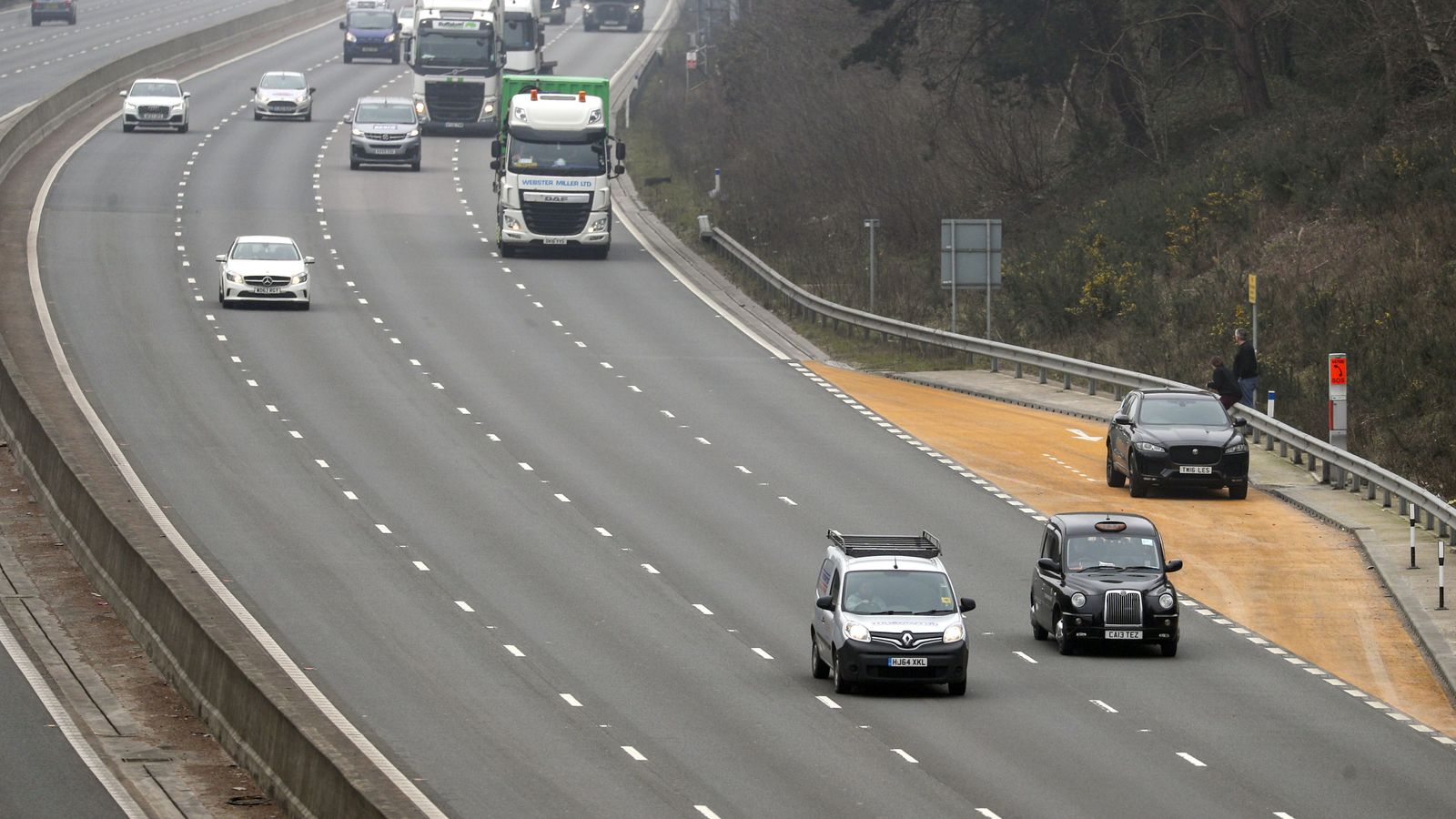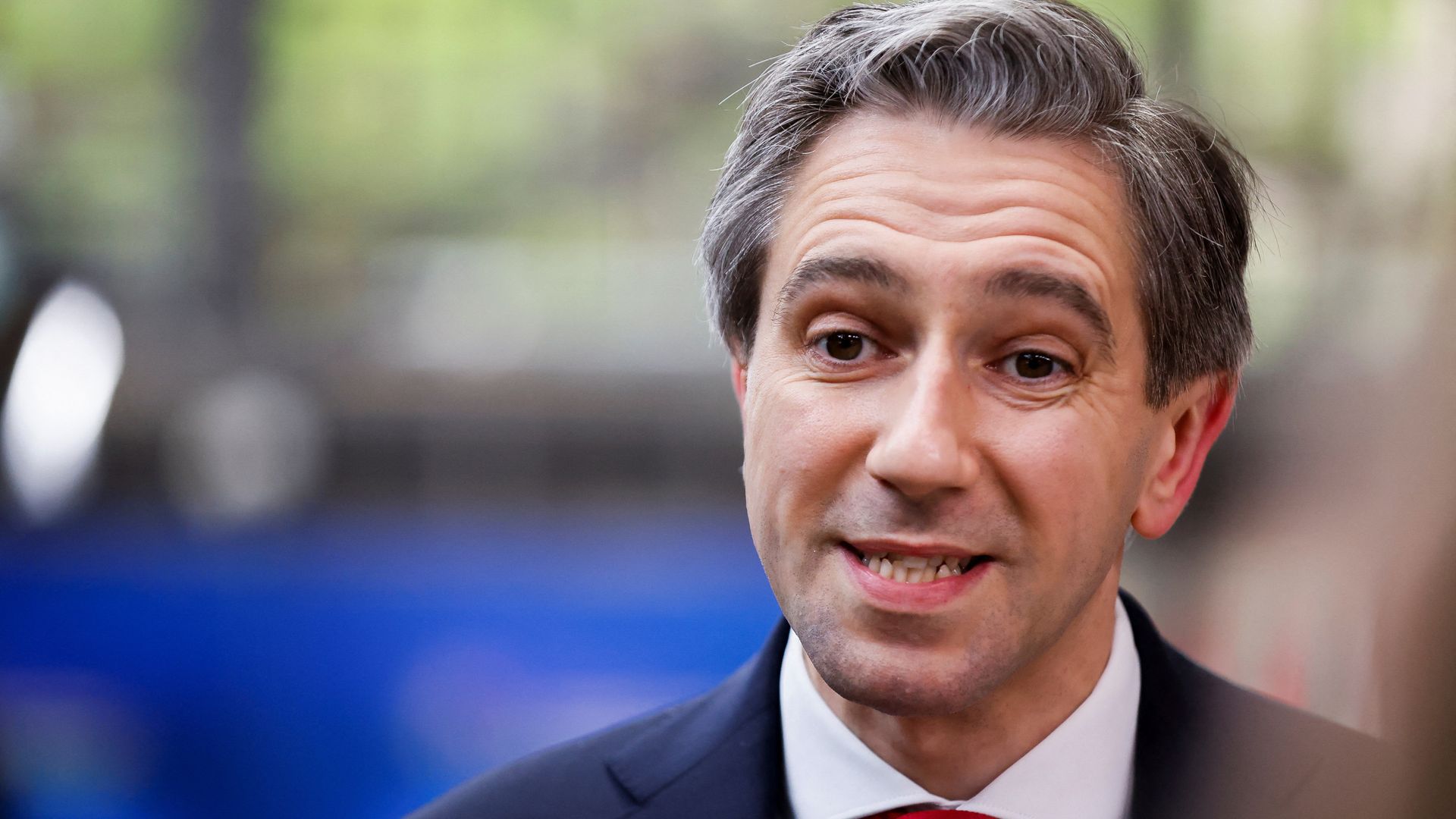A crash on a smart motorway which killed two pensioners would not have happened if there had been a hard shoulder, an inquest has heard.
Derek Jacobs, 83, died when his van was hit by a car on the M1 near Sheffield in 2019.
He had stopped in the live inside lane after a blown tyre, and had remained stationary there for three minutes and 34 seconds before his vehicle was hit by a red Ford KA, driven by Jean Scripps.
Mrs Scripps’ husband, who was in the passenger seat of the vehicle, died aged 78 in hospital, two months after the collision.
Speaking at Chesterfield Coroner’s Court, assistant coroner Susan Evans said it was “immediately apparent that, had there been a hard shoulder, this incident would not have occurred”.
“It is evident Mrs Scripps simply did not see the stationary van before she collided with it,” she added. “For reasons we will never know, she appeared to have not been paying attention to the road.”
Collision investigator Sergeant Paul Moorcroft agreed it was “highly unlikely” the crash would have happened had been a hard shoulder.
But he added Mrs Scripps had plenty of time to avoid the obstruction, as many other drivers did.
He said retired teacher Mrs Scripps, who was 77 at the time, was diagnosed with dementia six months after the crash but there were no medical notes to suggest she should not have been driving.
The collision is one of three on a 10-mile stretch of the M1 which have been highlighted by campaigners who want smart motorways stopped and hard shoulders restored.
Click to subscribe to the Sky News Daily wherever you get your podcasts
Simon Boyle, regional director for National Highways in Yorkshire and the North East, told the inquest the area is now covered by technology to detect stationary vehicles, which was not installed at the time of the collision.
National Highways chief executive Nick Harris added: “It is vitally important to learn lessons from every road traffic collision and we will continue to build on the work and safety improvements already under way.”






